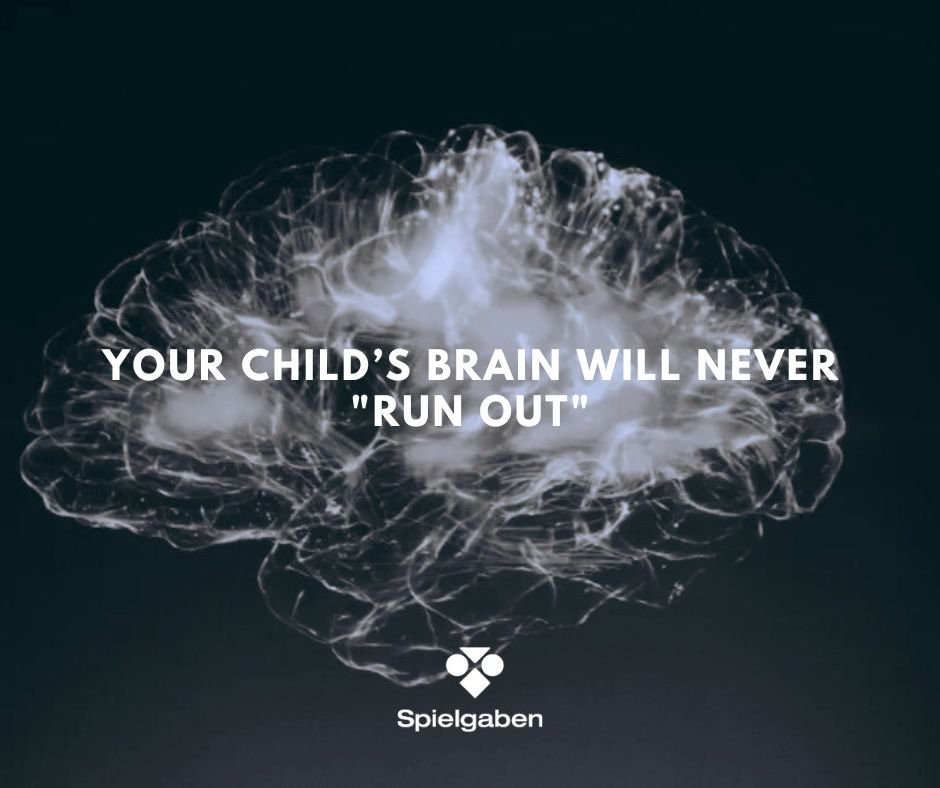Cracking the Happiness Code: What Danish Parents Know That You Might Not
Have you ever wondered how a small Scandinavian country consistently ranks as the happiest place on earth? Spoiler alert: It’s not just about hygge, herring, and hygenic design. The secret might just be hiding in their approach to raising children.
Last week, we dove deep into “The Danish Way of Parenting” by Jessica Joelle Alexander and Iben Sandahl – and trust us, this book is more than just another parenting manual. It’s a revolutionary roadmap to raising emotionally intelligent, resilient kids who are actually prepared for life’s ups and downs.
Denmark doesn’t just top OECD studies for national happiness by accident. Their distinctive approach to child-rearing produces individuals who are emotionally secure, remarkably resilient, and genuinely content – qualities that extend far beyond childhood.
The magic? A simple yet powerful approach encapsulated in the acronym PARENT:
- Play: Unstructured, free-ranging childhood experiences
- Authenticity: Genuine emotional expression
- Reframing: Transforming challenges into opportunities
- Empathy: Deep emotional understanding
- No Ultimatums: Collaborative problem-solving
- Togetherness: Intentional family connections
These six foundational elements aren’t just parenting tips – they’re a philosophy that potentially explains why
Danish children grow up to be some of the most well-adjusted adults in the world.
Intrigued? Let’s unpack how you can inject a little Danish wisdom into your own parenting journey.
Play: Unstructured Fun is Your Secret Weapon
Remember when “play” meant running around outside until the streetlights came on, not a color-coded Google Calendar of organized activities? Danish parents are bringing that magic back, and research suggests they’re onto something big.
Practical Play Tips:
- Designate “boredom hours” where screens are off-limits and creativity is the only rule
- Create a “mess-friendly” zone where kids can explore without constant clean-up pressure
- Rotate simple, open-ended toys like blocks, clay, or art supplies
- Let kids play across different age groups – sibling and neighborhood play teaches more social skills than any structured class
Pro Tip: When your inner helicopter parent wants to swoop in and solve every problem, take a deep breath. Watch your kids navigate social challenges. They’re more capable than you think!
Authenticity: Real Parenting, Not Perfect Parenting
Newsflash: Your kids don’t need a superhero. They need a human who occasionally burns dinner, gets frustrated, and shows them how to handle real emotions.
Authentic Parenting Strategies:
- Share your own emotional journey. “I’m feeling stressed right now, and I’m going to take three deep breaths to calm down.”
- Replace generic praise with specific observations. Instead of “You’re amazing!” try “I noticed how carefully you colored inside the lines.”
- Demonstrate that mistakes are learning opportunities, not failures
Humor Break: The next time your toddler has a meltdown in the grocery store, remember – you’re not failing; you’re providing advanced emotional training for both of you!
Reframing: The Mental Judo of Parenting
Life will throw curveballs. Your job isn’t to prevent them but to teach your kids how to swing.
Reframing Techniques:
- Transform negative statements into growth opportunities
- “I can’t do math” → “Math is challenging right now, and I’m learning”
- “I’m terrible at sports” → “I’m developing my skills”
- Create a family habit of finding silver linings
- Avoid labeling your children (“the shy one”, “the messy one”)
Challenge: Have a “reframe dinner” where everyone shares a challenge they’ve reframed positively that day.
Empathy: More Than Just a Buzzword
In a world that’s increasingly disconnected, empathy is your child’s superpower. And no, it’s not something they’ll magically develop by watching YouTube.
Empathy Building Exercises:
- Read books that explore different perspectives
- Play “emotions charades” where kids guess feelings
- Discuss characters’ emotions in movies and stories
- Model compassionate responses to others’ struggles
Dad Joke Warning: Teaching empathy is like teaching a cat to swim – challenging but not impossible!
No Ultimatums: Collaboration over Confrontation
Forget “Because I said so!” Danish parenting is about democratic problem-solving. Yes, even with a 4-year-old tornado of energy.
Negotiation Strategies:
- Explain the “why” behind rules
- Offer choices within acceptable boundaries
- Create family agreements instead of strict commands
- Use calm, respectful language even during conflicts
Example: “I see you don’t want to go to bed. Let’s discuss how we can make bedtime more enjoyable for both of us.”
Togetherness: The Hygge Approach
Hygge isn’t just a trendy word – it’s about creating warm, intentional family moments. No expensive vacations required.
Hygge Family Traditions:
- Weekly game nights (board games, not just video games!)
- Cooking together
- Candlelit dinners (even if it’s just pizza)
- Storytelling evenings
- Device-free family time
Quick Hack: Start with just 30 minutes of uninterrupted, screen-free family time. Your teenagers might initially look like they’re being tortured, but they’ll secretly love it.
Final Thoughts: You’ve Got This, Imperfect Parent!
Danish parenting isn’t about creating perfect children. It’s about raising humans who are resilient, empathetic, and capable of navigating life’s complexities. Some days you’ll feel like a parenting ninja, other days like a sleep-deprived zombie – and both are completely okay.
Remember: Your children don’t need a perfect parent. They need a present, authentic, loving one.
Now go forth and parent – with a little Danish wisdom and a lot of humor!













LEAVE A COMMENT